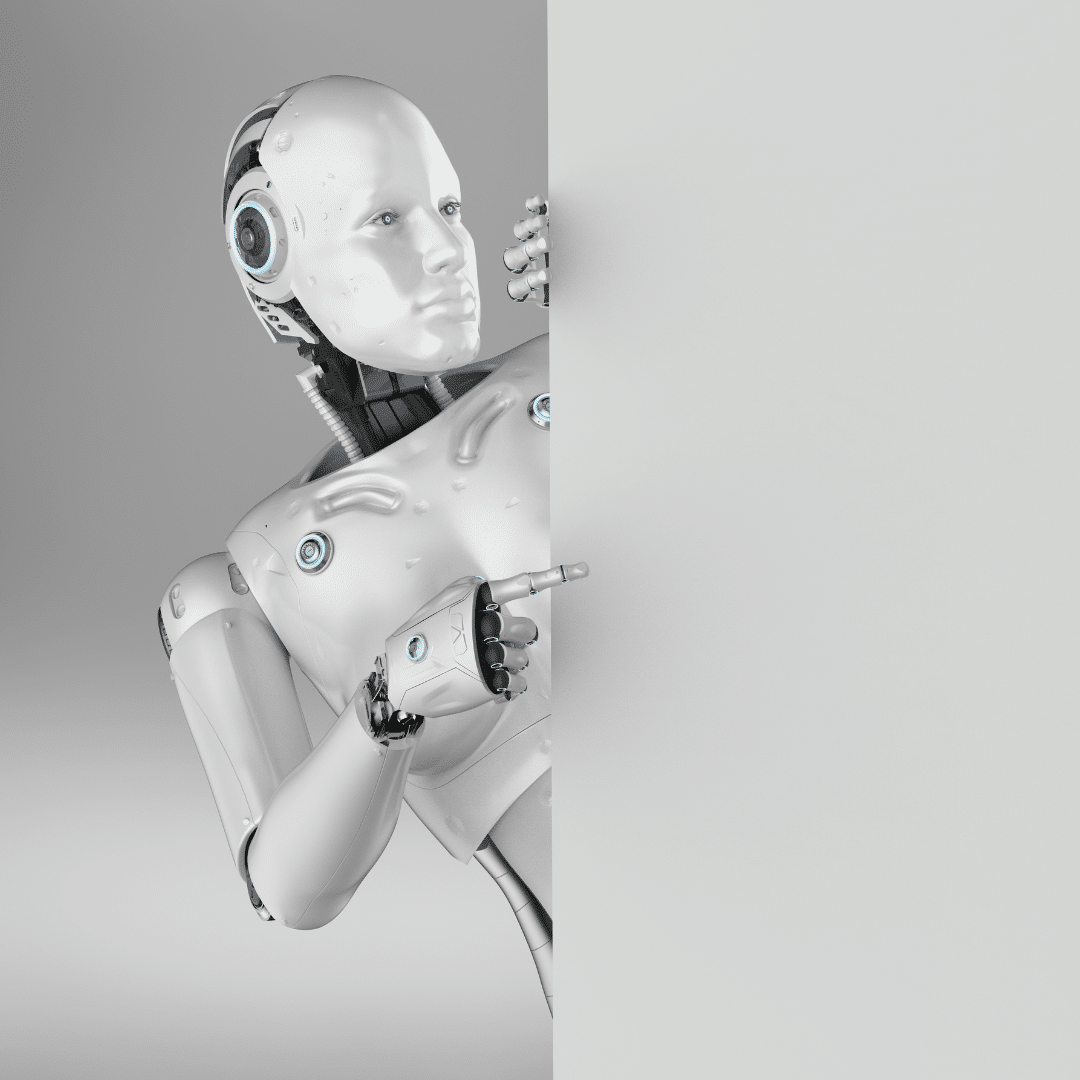
Why your fleet needs a Data Protection Impact Assessment (DPIA), and how it improves your GDPR compliance.
Read More
What exactly is AI, and how is it shaping the world around us? AI, or Artificial Intelligence, refers to computer algorithms capable of performing tasks that traditionally required human intelligence. These tasks include recognising speech, making decisions, and identifying patterns, all of which were historically associated with human learning and problem-solving. With AI’s development, we’re seeing its potential to significantly enhance various industries and everyday activities.
AI brings numerous advantages, transforming tedious and complex tasks into more efficient processes. Let’s break down some of the key benefits AI offers:
AI simplifies repetitive and time-consuming activities like data collection, data entry, and analysis. This not only saves time but also increases productivity by allowing professionals to focus on more strategic tasks.
With AI, businesses can make faster, more accurate, and data-driven decisions. When combined with automation, AI enables companies to respond to opportunities and emerging crises in real-time without needing human intervention.
AI minimises the risk of human errors by automating complex processes. As machine algorithms are continually exposed to more data, they evolve and become even more accurate, further improving their performance.
Recently, AI-powered cameras were rolled out in Greater Manchester on the 3rd of September to catch drivers breaking the law. These advanced cameras can detect whether motorists are using their phones or car drivers/passengers not wearing seatbelts, both of which are common causes of road accidents. The AI system can track objects moving at speeds of up to 300 km/h and process that information to identify traffic violations, making roads safer.
A popular and widely-used example of AI technology is OpenAI’s ChatGPT, a conversational AI bot launched in November 2022. ChatGPT uses advanced algorithms to identify patterns in data and generate meaningful, human-like text responses. It can perform tasks like writing articles, solving maths problems, coding, composing music, and more. The efficiency it offers makes it valuable in both professional and personal contexts, as it handles repetitive tasks and saves time.
VUE uses Artificial Intelligence to create innovative technology solutions aimed at enhancing road safety. By incorporating AI into its systems, VUE ensures that drivers, pedestrians, and cyclists are safer, while fleet managers can monitor and respond to potential risks more efficiently.
One of VUE’s AI technology’s is Driver Distraction AI (DDAI). This equipment monitors drivers for signs of distraction, such as fatigue, using mobile phones, or even smoking while driving. If any of these behaviours are detected, the system alerts the driver to stay focused or take a break, reducing the risk of accidents caused by inattention.
Another AI piece of technology made by VUE is Pedestrian AI (PEDAI). PEDAI is designed to detect pedestrians and cyclists around large vehicles, particularly in blind spots, such as those on heavy goods vehicles (HGVs). The system provides specific alerts when pedestrians are too close to the vehicle, sending real-time data and footage back to the VUEhub for fleet managers to review. This technology prioritises the safety of vulnerable road users.
These innovations showcase how VUE is using AI to make roads safer by reducing the likelihood of human error and increasing the visibility of potential risks.

The Future of AI in Road Safety
In the future, AI has the potential to surpass human cognitive abilities in more areas than it currently does. Today, AI excels in specific tasks, such as pattern recognition and data processing, but is still limited when it comes to general intelligence. However, as AI technology evolves, it will likely play a bigger role across a wide range of industries.
At VUE, the goal is to continually refine and enhance our AI-powered technology, making it even more precise and effective at improving road safety. With ongoing advancements in AI, we aim to create systems that are not just reactive but predictive, stopping accidents before they even have a chance to happen.


Why your fleet needs a Data Protection Impact Assessment (DPIA), and how it improves your GDPR compliance.
Read More
VUE's new Managed Service offering for Fleets to be more proactive with their operations, saving downtime and optimising business functions
Read More
UK winter road conditions demand extra vigilance. See how VUE camera and telematics systems help HGV fleets reduce risk and improve safety.
Read More